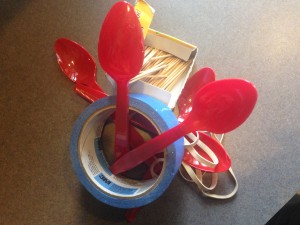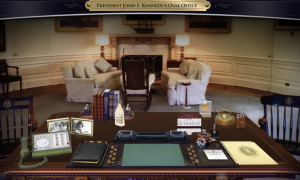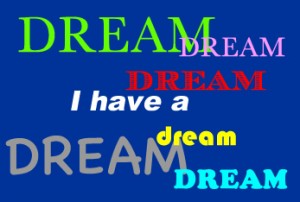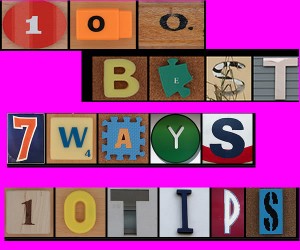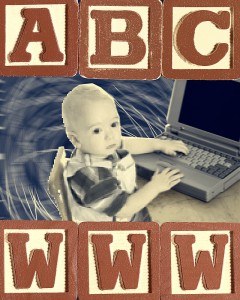A Teacher’s Thanksgiving
 As a teacher, I am thankful for many things over the course of a rich career, some small details, some lasting legacies:
As a teacher, I am thankful for many things over the course of a rich career, some small details, some lasting legacies:
For EMPTY butterfly clips, signifying that I have no “homework”
For “teacher shoes” with extra cushiony heels to survive days-months-years-decades of standing and walking on concrete thinly clad in carpet
For donations of Kleenex
For permission to play music in my classroom
For Apple IIe, IIgs, HP, IBM, Lenovo, and MacBook Pro, my friends for decades
For www
For the parent volunteers who organize kids on field trips, at special “culminating” events, and at after school celebrations
For gift cards to the local teacher store (stickers!!!)
For the colleagues who organize the teachers’ room potluck lunches, filled with comfort foods and things none of us should eat
For the invention of microwave ovens cheap enough to have multiples in the teachers’ room
For the kids who come back as grownups
For being blessed with my own children — whose lessons make me a MUCH better teacher and a better mom. Today I read this on the blog of one of my now-adult children and cry the most grateful tears:
As the child of a public school teacher–and a gifted education teacher at that– I was raised with extreme appreciation of the importance of having the proper resources available to children to foster creative learning and independent growth. That is not to say I learned that every educational opportunity required substantial spending. Rather, I grew up realizing the impact a few generous parents or school board members could have on a classroom. Whether it was helping my mother scour the sale rack for stickers to use in her own classroom or seeing the look of gratitude on her face when thanking the moms who volunteered at the various district-wide events she organized and hosted each year, I grew to value the importance of parental participation in the classroom. And, even more importantly, I learned the importance of listening and responding to teachers’ requests.[…]
When I dropped off the new toys yesterday, his teacher was overwhelmed. So much so that she asked if she could give me a hug to say thank you. I told her it was the least I could do. And I meant it. After all– in choosing childcare, we trust a great deal to the folks who spend each day with our children. I was more than willing to help ensure that she had everything necessary to continue doing an excellent job fostering the creative and loving learning environment for [my child] and his classmates.
My greatest thanks are for all the teachers and students who pay it forward.

